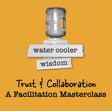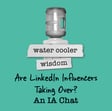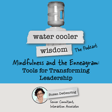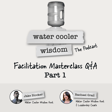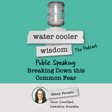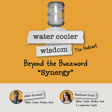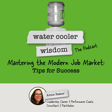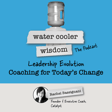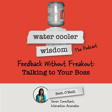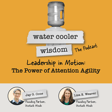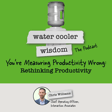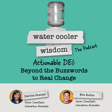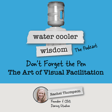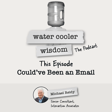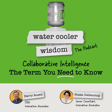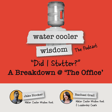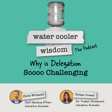
Reconnecting with Yourself Amid the Daily Hustle
In this episode we dive into the topic of mindfulness at work with special guest Larry Rosenberg, a senior consultant at Interaction Associates. Larry brings over 30 years of experience in leadership coaching, change management, and business process improvement.
Feeling overwhelmed and burnt out at work? Larry shares insights on why many of us feel constantly stressed and how mindfulness can help us regain control and improve our well-being. From defining what it means to be mindful to exploring practical tips like mindful breathing, yoga, and meditation, this episode offers valuable strategies to help you stay present and effective in your daily life.
Larry also highlights the impact of chronic stress on our bodies and minds and discusses the benefits of incorporating mindfulness practices into our routines. Whether you're new to mindfulness or looking to deepen your practice, this conversation provides a comprehensive guide to managing stress and enhancing your overall productivity and health.
Resources Mentioned:
WorkFlowy App
Be Your Future Self Now by Dr. Benjamin Hardy
The 7 Habits of Highly Effective People by Stephen Covey

